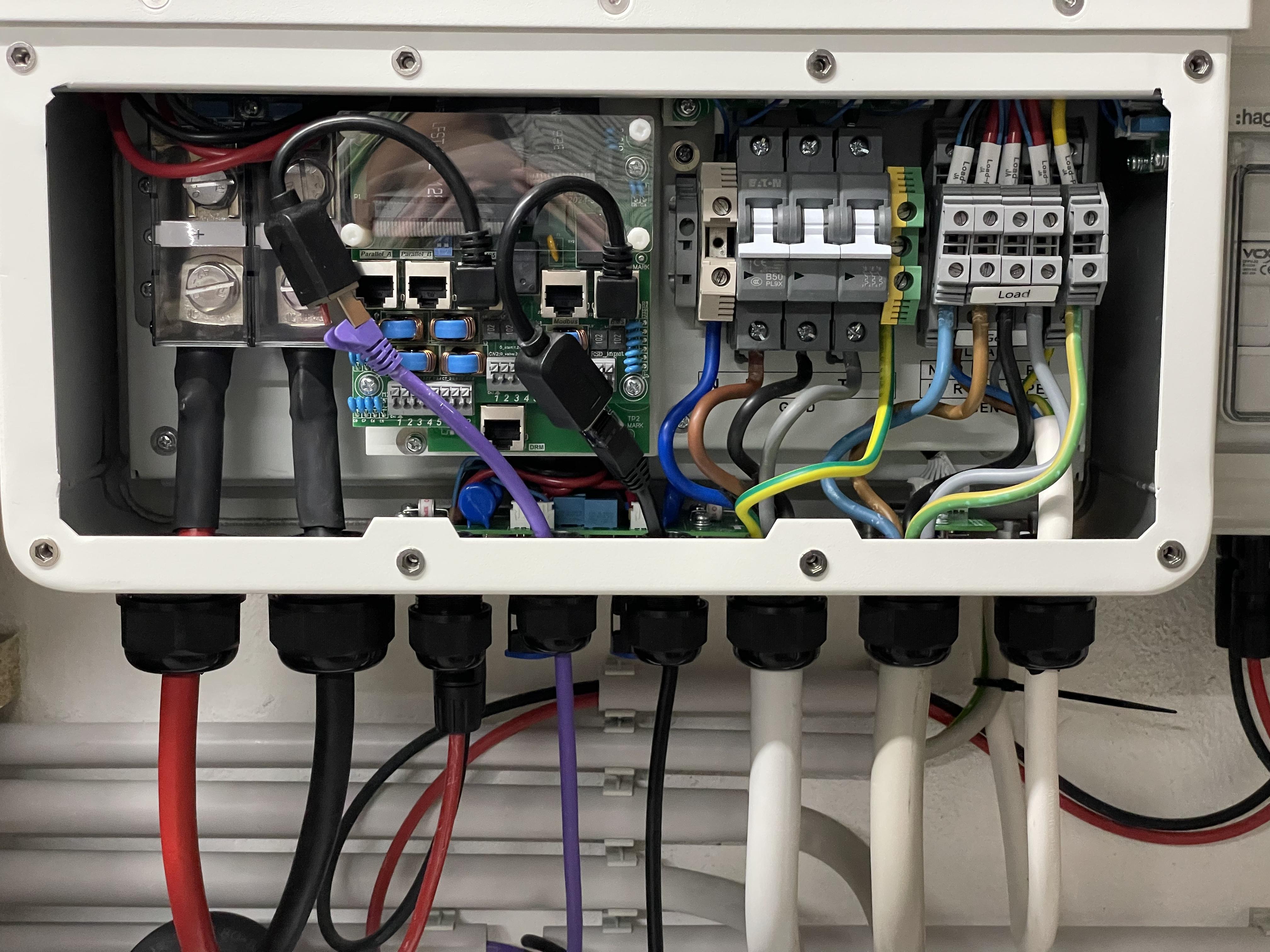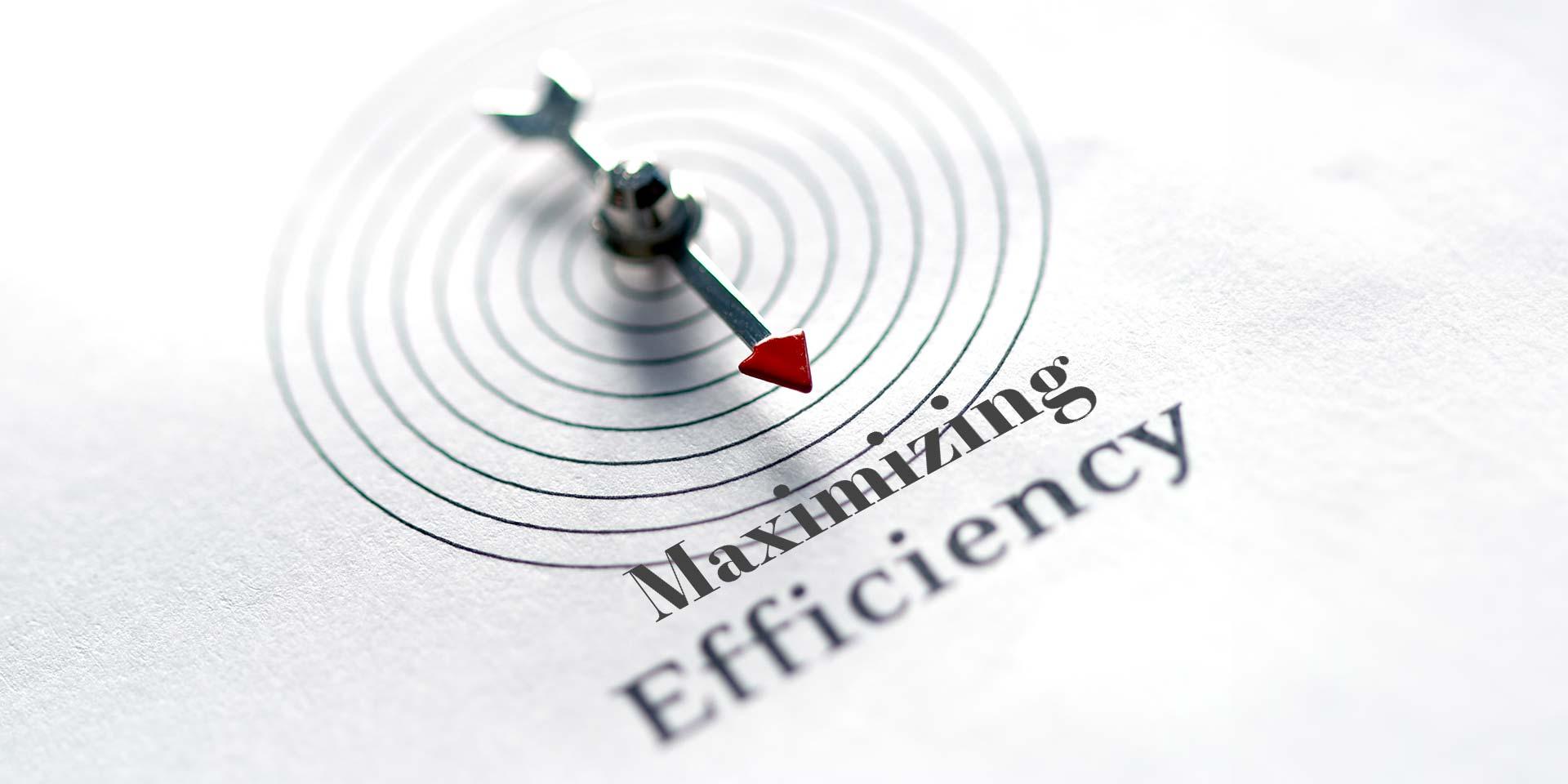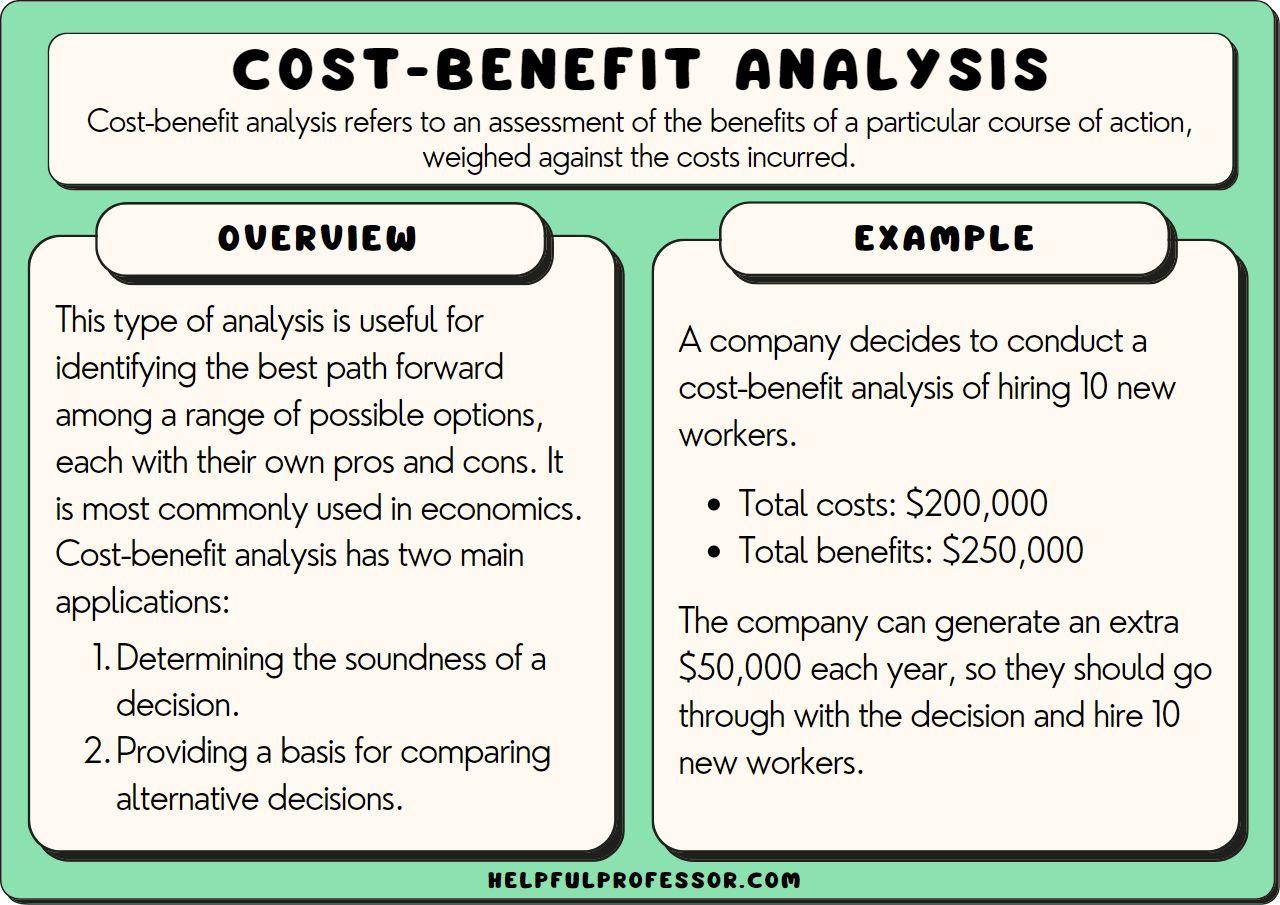Table of Contents
- Understanding the Role of Solar Panel Batteries in Renewable Energy Systems
- Key Factors to Consider When Choosing a Solar Battery
- Exploring Different Types of Solar Batteries and Their Applications
- Maximizing Efficiency: Tips for Maintaining Your Solar Panel Battery
- Cost-Benefit Analysis of Investing in Solar Energy Storage Solutions
- Q&A
- Insights and Conclusions


Understanding the Role of Solar Panel Batteries in Renewable Energy Systems
Solar panel batteries play a critical role in maximizing the efficiency and effectiveness of renewable energy systems. By storing excess energy generated during peak sunlight hours, these batteries ensure that households and businesses can utilize solar power even when the sun is not shining. This capability is particularly valuable during nighttime or cloudy days, where usage spikes can occur, allowing users to tap into their stored energy rather than relying on the grid.
Moreover, the integration of solar panel batteries contributes significantly to energy independence. By investing in a robust battery system, users can reduce their reliance on conventional energy sources, which are often subject to price fluctuations and supply issues. This independence not only enhances energy security but can also lead to significant cost savings over time. Key benefits of incorporating batteries into solar systems include:
- Peak Energy Shaving: Reducing costs by using stored energy during high demand periods.
- Grid Stability: Contributing to a more resilient energy grid by managing supply and demand fluctuations.
- Emergency Backup: Providing power during outages, ensuring continuity for critical appliances and systems.
To fully appreciate the advantages of solar panel batteries, it’s also essential to understand their different types and their corresponding functionalities. The most common types of batteries used in solar systems include lead-acid, lithium-ion, and flow batteries, each with unique features that cater to different energy storage requirements. Here’s a brief comparison:
| Battery Type | Cost | Lifetime (Years) | Depth of Discharge |
|---|---|---|---|
| Lead-Acid | Low | 5-7 | 50% |
| Lithium-Ion | High | 10-15 | 80-90% |
| Flow | Medium | 10+ | 100% |
Investing in the right solar panel battery not only optimizes the efficiency of your renewable energy system but also plays a pivotal role in promoting a sustainable energy future. By storing solar energy effectively, users can harness the full potential of their solar installations, contributing to reduced carbon footprints and supporting green energy initiatives.


Key Factors to Consider When Choosing a Solar Battery
When selecting a solar battery, one of the critical elements to evaluate is the storage capacity. This indicates the amount of energy the battery can store and provide when needed. It’s typically measured in kilowatt-hours (kWh). For homeowners, determining your daily energy consumption can help gauge the right capacity. If your home uses 30 kWh of electricity daily, you’ll want to choose a battery system that can meet or exceed that requirement without leaving you vulnerable during peak usage times or cloudy weather.
Another essential factor is the battery type. The market offers various technologies, including Lithium-ion, Lead-Acid, and Flow batteries. Lithium-ion batteries are becoming the preferred choice due to their longevity, efficiency, and compact size. In contrast, Lead-Acid batteries, while more affordable initially, may require more frequent replacements and have a lower depth of discharge. Understanding the differences in lifespan, efficiency, and cost can significantly influence your decision and long-term savings.
consider the warranty and support provided by the manufacturer. A robust warranty not only reflects the battery’s expected lifespan but also gives you peace of mind regarding your investment. Most reliable systems come with warranties ranging from 5 to 15 years. Additionally, checking the support options—such as customer service responsiveness and installation assistance—can add significant value. Ensure you choose a reputable brand that not only offers quality products but also stands behind its commitment to customer satisfaction.


Exploring Different Types of Solar Batteries and Their Applications
When it comes to harnessing solar energy effectively, understanding the various types of batteries available is crucial. Lead-acid batteries, which have been around for decades, are a popular choice for solar energy storage due to their affordability and reliability. They come in two main types: flooded and sealed. Flooded lead-acid batteries require regular maintenance, while sealed options, such as AGM (Absorbent Glass Mat) and gel batteries, are maintenance-free and offer enhanced safety features. This makes lead-acid batteries a good fit for homeowners who use solar power intermittently, serving as a dependable option for energy storage during cloudy days or nighttime.
On the other end of the spectrum, lithium-ion batteries have surged in popularity in recent years, particularly among those looking for efficient, long-lasting solutions. These batteries boast a higher energy density, meaning they can store more energy in a smaller footprint, making them ideal for residential applications where space might be limited. Their longer lifespan and ability to withstand numerous charging cycles make them an economically viable option in the long run. Many modern solar systems opt for lithium-ion batteries, especially for applications involving electric vehicles or smart home technology, where energy efficiency is paramount.
Another emerging technology is the use of flow batteries, which present a unique approach to energy storage. These systems utilize two electrolyte solutions, providing scalability that is hard to match. Their ability to provide a steady flow of electricity during peak demand times makes them especially appealing for commercial and utility-scale solar installations. Flow batteries can also be discharged fully without degrading performance, adding to their long-term viability. As technology advances, they are expected to play a crucial role in integrating renewable energy sources into the grid, offering a sustainable solution for large-scale energy storage.


Maximizing Efficiency: Tips for Maintaining Your Solar Panel Battery
Maintaining your solar panel battery is crucial for optimizing its lifespan and performance. One of the key practices involves monitoring the charge levels regularly. Keeping your battery between 50% and 80% charge can significantly extend its lifecycle. Additionally, avoid letting it discharge completely, as this can lead to irreversible damage. Implementing a regular maintenance schedule to check for any signs of wear or corrosion can also prevent larger issues down the line.
Another vital aspect is ensuring your battery is kept in an ideal environment. Extreme temperatures can negatively impact performance, so it’s advisable to store your solar battery in a cool, dry place. Consider using battery insulation wraps or cabinets that can help regulate the temperature. If your system is outdoors, use protective coverings that allow for ventilation while shielding the battery from direct sunlight and moisture.
To further enhance your battery’s efficiency, practice careful energy management. Investing in a smart battery management system allows for real-time tracking and data analysis of your battery’s performance. Simple adjustments, such as running high-energy appliances during peak solar production times, can minimize demand on the battery. This proactive approach not only conserves energy but also maximizes the effectiveness of your solar energy system.


Cost-Benefit Analysis of Investing in Solar Energy Storage Solutions
Investing in solar energy storage solutions presents a myriad of benefits that can outweigh initial costs. Reduced energy bills are one of the most immediate advantages. By storing surplus energy generated during peak sunlight hours, homeowners can utilize this energy during the night or cloudy days, effectively diminishing reliance on traditional electricity sources. In regions where utility rates peak during the day, capturing and storing solar energy can lead to significant savings.
Another compelling aspect is the long-term value increase of properties equipped with solar storage systems. Homebuyers are increasingly looking for energy-efficient homes, and having a battery storage solution can enhance property appeal. Additionally, many states and municipalities offer incentives or rebates for solar investments, which can alleviate some of the initial financial burdens and expedite the break-even timeline for the investment.
| Costs | Benefits |
|---|---|
| Installation Costs | Lower Utility Bills |
| Maintenance and Upkeep | Property Value Increase |
| Battery Replacement | Energy Independence |
| Initial Investment | Environmental Impact |
Moreover, adopting solar energy storage aligns with environmental sustainability goals. By utilizing renewable energy sources, homeowners contribute to reducing carbon footprints and fostering a cleaner environment. This aspect, coupled with the potential for energy independence, makes investing in solar battery solutions not only a smart financial decision but also a responsible choice in today’s energy landscape.
Q&A
Q&A on Solar Panel Batteries
Q1: What is a solar panels battery? A1: A solar panels battery, often referred to as a solar battery or energy storage system, is a device that stores energy generated by solar panels. When the sun shines, solar panels convert sunlight into electricity, and this excess energy can be stored in the battery for use when the sun isn’t shining, such as during the night or on cloudy days.Q2: Why do I need a battery for my solar panel system? A2: Incorporating a battery into your solar panel system enhances its efficiency and reliability. While solar panels generate energy during the day, a battery ensures you can access this energy at any time, reducing your reliance on the grid and potentially lowering your electricity bills. Plus, it provides a backup during outages, offering peace of mind.
Q3: How does a solar battery work? A3: A solar battery works by storing electrical energy produced by solar panels as chemical energy. During the day, your solar system generates power, and any unused energy is directed to the battery for storage. When demand arises, the battery discharges electricity to power your home, ensuring you have continual access to energy.
Q4: What types of batteries are used with solar panels? A4: The most common types of batteries for solar energy storage are lithium-ion and lead-acid batteries. Lithium-ion batteries are favored for their efficiency, longer lifespan, and compact size, while lead-acid batteries, which are often less expensive upfront, typically have a shorter lifespan and lower efficiency.
Q5: How long do solar batteries last? A5: The lifespan of a solar battery largely depends on its type and usage. Generally, lithium-ion batteries last between 10 to 15 years, while lead-acid batteries may last around 3 to 7 years. Regular maintenance and proper use can prolong the lifespan of both types.
Q6: Are solar batteries worth the investment? A6: While the initial investment in solar batteries can be substantial, the potential savings on your electricity bills, along with the environmental benefits of using renewable energy, often justify the cost. Additionally, in regions with time-of-use electricity pricing, a battery can help you maximize cost savings by storing energy for use during peak pricing hours.
Q7: Can I use solar batteries without solar panels? A7: Yes, solar batteries can be utilized without solar panels, but their primary benefit comes from being used in conjunction with solar energy systems. Without solar panels, the batteries would rely solely on the grid for recharging, which diminishes the cost-saving and sustainability advantages they offer.
Q8: What should I consider when choosing a solar battery? A8: When selecting a solar battery, consider factors such as capacity (how much energy it can store), depth of discharge (how much energy can be used from the battery), lifespan, efficiency ratings, and warranty. It’s also essential to assess your energy needs and usage patterns to determine the appropriate battery size and type for your home.
This Q&A offers a comprehensive overview of solar panel batteries, providing valuable information while answering common questions potential users might have.



0 Comments